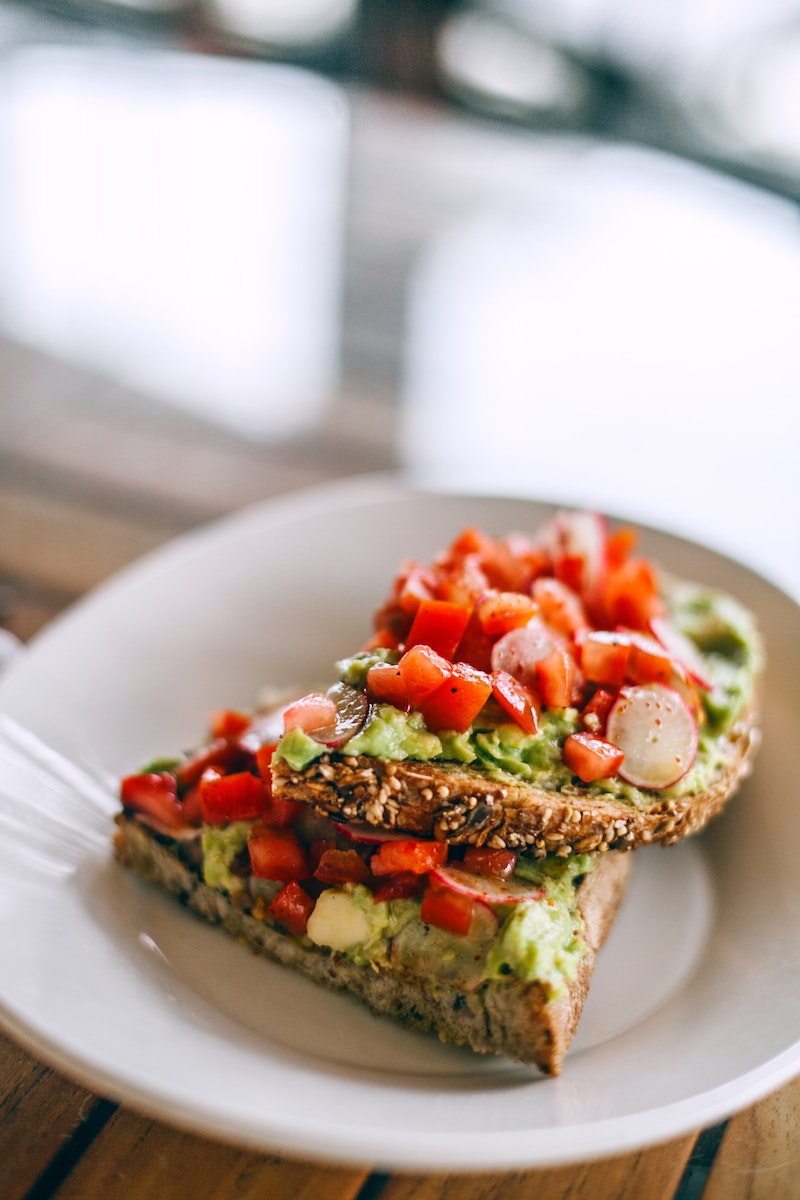Vegetarian Keto Flu: Symptoms and Remedies
Are you feeling sick, tired, and run down after starting a vegetarian keto diet? Don’t worry – you’re not alone. Many people experience what’s known as the “keto flu” when they first start a low-carb, high-fat diet. This is caused by the body adjusting to using fat for fuel instead of carbohydrates, and it can lead to a range of symptoms, including fatigue, headaches, nausea, and muscle cramps.
While the keto flu is more commonly associated with the traditional keto diet, vegetarians and vegans can also experience this condition when transitioning to a vegetarian or vegan keto diet. The good news is that there are many simple remedies and tips that can help you beat the vegetarian keto flu and stay healthy and energized while enjoying your new lifestyle.
Symptoms of the Vegetarian Keto Flu
Before we dive into the remedies and tips for dealing with the vegetarian keto flu, let’s take a closer look at the symptoms that you may experience. Some of the most common symptoms of the vegetarian keto flu include:
- Fatigue and weakness
- Headaches
- Nausea and vomiting
- Dizziness and lightheadedness
- Muscle cramps and soreness
- Insomnia and sleep disturbances
- Brain fog and difficulty concentrating
These symptoms can vary in severity and duration, but they typically occur within the first few days to a week of starting a vegetarian keto diet. If you’re experiencing any of these symptoms, it’s important to take action to alleviate them and prevent them from getting worse.
Remedies for the Vegetarian Keto Flu
Fortunately, there are many simple remedies and tips that can help you beat the vegetarian keto flu and feel better quickly. Here are some of the most effective options:
Increase your electrolyte intake
When you’re on a low-carb diet, your body excretes more electrolytes through your urine, which can lead to imbalances and symptoms of the keto flu. To counteract this, increase your intake of sodium, potassium, and magnesium through food or supplements. Good options include avocados, leafy greens, nuts, and seeds.
Drink plenty of water
Staying hydrated is essential for overall health and can also help to flush out toxins and reduce symptoms of the keto flu. Aim for at least 8-10 glasses of water per day, and consider adding some lemon or lime juice for extra flavor and electrolytes.
Get plenty of rest
Your body needs time to adjust to the new diet, so make sure you’re getting plenty of rest and allowing yourself time to relax and recover. Aim for 7-9 hours of sleep per night, and take breaks throughout the day to rest and recharge.
Eat nutrient-rich foods
When you’re on a low-carb diet, it’s important to make sure you’re getting enough nutrients to support your body’s functions. Focus on nutrient-dense foods like leafy greens, non-starchy vegetables, healthy fats, and high-quality proteins like tofu, tempeh, and seitan.
Exercise regularly
While you may feel tired and lethargic during the first few days of the vegetarian keto diet, it’s important to stay active and exercise regularly to help your body adjust to the new diet. Aim for at least 30 minutes of moderate-intensity exercise per day, such as walking, yoga, or cycling.
Tips for Staying Healthy

In addition to the remedies listed above, there are several other tips that can help you stay healthy and prevent the vegetarian keto flu from recurring:
Monitor your carb intake
It’s important to maintain a low-carb diet to stay in ketosis and achieve your weight loss goals. However, it’s also important to avoid cutting out carbs entirely, as this can lead to nutrient deficiencies and other health problems. Aim for 20-50 grams of carbs per day, and focus on healthy, whole-food sources like vegetables, nuts, and seeds.
Avoid processed foods
Many processed foods contain hidden carbs and can lead to inflammation and other health problems. Stick to whole, unprocessed foods as much as possible, and avoid packaged snacks, sugary drinks, and other unhealthy foods.
Stay accountable
It can be difficult to stick to a new diet, especially when you’re experiencing symptoms like the keto flu. Joining a support group or finding an accountability partner can help you stay motivated and on track.
Experiment with new recipes
Eating the same foods every day can get boring quickly. Experiment with new vegetarian keto recipes to keep things interesting and ensure that you’re getting a variety of nutrients.
Key Takeaway
The vegetarian keto flu is a common condition that can occur when transitioning to a low-carb, high-fat diet. Symptoms can include fatigue, headaches, nausea, and muscle cramps, among others. Fortunately, there are many simple remedies and tips that can help you beat the keto flu and stay healthy while enjoying your new vegetarian keto lifestyle. By increasing your electrolyte intake, drinking plenty of water, getting plenty of rest, eating nutrient-rich foods, and exercising regularly, you can prevent and alleviate symptoms of the keto flu and achieve your health and weight loss goals.
Helpful Table: Foods Rich in Electrolytes
| Electrolyte | Food Sources |
|---|---|
| Sodium | Salt, broth, celery, pickles, olives |
| Potassium | Avocado, spinach, mushrooms, coconut |
| Magnesium | Nuts, seeds, leafy greens, dark chocolate |
FAQs (Frequently Asked Questions)
1. What causes the vegetarian keto flu?
The vegetarian keto flu is caused by the body adjusting to using fat for fuel instead of carbohydrates.
2. How long does the keto flu last?
Symptoms of the keto flu typically last for a few days to a week.
3. Can I still eat carbs on a vegetarian keto diet?
Yes, but it’s important to maintain a low-carb diet to stay in ketosis and achieve your weight loss goals.
4. Can I take supplements to prevent the keto flu?
Yes, increasing your intake of electrolytes like sodium, potassium, and magnesium through supplements can help prevent symptoms of the keto flu.
5. Should I exercise during the keto flu?
Yes, regular exercise can help your body adjust to the new diet and alleviate symptoms of the keto flu.
6. Can the keto flu be dangerous?
While the keto flu is not usually dangerous, severe symptoms like vomiting or dehydration should be addressed by a medical professional.
7. Can I still eat vegetarian on a keto diet?
Yes, there are many vegetarian and vegan options for a low-carb, high-fat diet.
8. How can I stay motivated to stick to a vegetarian keto diet?
Joining a support group or finding an accountability partner can help you stay motivated and on track.
9. Can I eat processed foods on a vegetarian keto diet?
It’s best to avoid processed foods and stick to whole, unprocessed foods as much as possible.
10. What are some easy vegetarian keto meal ideas?
Some easy vegetarian keto meal ideas include avocado toast with scrambled tofu, zucchini noodles





Leave a Reply